|
February 26, 2022
|

|
| |

|
|
Conference Planner | Social Q&A | Abstracts | Exhibits
|
| |
|
|
| |
|
Friday’s Keynote explored tumor biology, personalized care and treatment de-escalation for oropharyngeal carcinoma
|
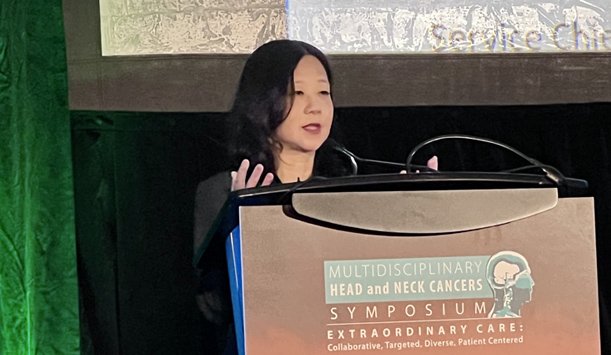
|
|
Nancy Lee, MD, FASTRO, from Memorial Sloan Kettering Cancer Center, delivered Friday’s Keynote address entitled, “Towards Personalization of HPV Related Oropharyngeal Carcinoma.” The session was moderated by Quynh-Thu Le, MD, FASTRO, of Stanford University. Dr. Lee provided a comprehensive overview of the current standard of care for HPV+ disease and different options to de-escalate treatment. “We speak so much of precision medicine,” she said. “But what about precision radiation?” She urged the audience to avoid trimodal approaches to treatment and leverage the biology of the tumor to direct responses to it. All HPV+ cases of oropharyngeal carcinoma are unique, she said — and this approach can be applied not just to head and neck cancers, but other disease sites as well.
|
|
| |
|
Highlights from the Plenary Sessions
The Symposium’s two Plenary Sessions showcase abstracts deemed to have the highest merit and greatest impact on oncology research and practice. Below, we highlight three studies from Friday’s Plenary Session II.
|
|
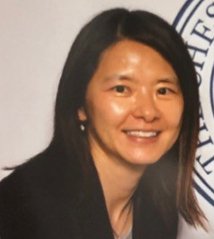 |
Artificial Intelligence Platform Shows Potential for Thyroid Cancer Screening and Staging from Ultrasound Images
Presenting author: Annie Chan, MD
Annie Chan, MD, presents her study findings that an artificial intelligence model incorporating multiple methods of machine learning accurately detects thyroid cancer and predicts pathological and genomic outcomes through analysis of routine ultrasound images. Read more.
|
|
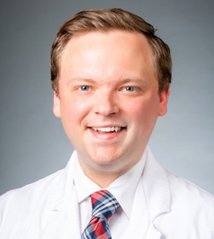 |
Disparities in Advanced Radiation Therapy Techniques for Head and Neck Cancer in the United States
By Gary Walker MD, MPH, MS, Banner MD Anderson Cancer Center
Presenting author: Neal McCall, MD
Neal McCall, MD, and colleagues from Emory University sought to evaluate the use of advanced radiation techniques for head and neck cancer patients and the corresponding patterns of care in the United States. Read more.
|
|
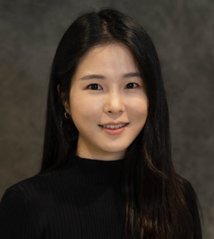 |
Developing Deep Learning-based Auto-segmentation of Organs at Risk
Presenting author: Jihye Koo, MS
Jihye Koo, MS, presented the results of the development and testing of an organs at risk dataset to train an auto-contouring model that is comparable to that of a physician. As a result of the current qualitative and quantitative evaluation, the model shows superior performance compared to other commercially available models. Read more.
|
|
| |
|
View posters in the Virtual Poster Library
Have you visited the Virtual Poster Library yet? It’s not too late! You do not have to be a registered attendee of the Symposium to view the more than 100 scientific posters that feature cutting-edge research relevant to the entire head and neck cancer community. The Virtual Poster Library will be available during the symposium and for a limited time after the symposium concludes. Access it on any electronic device. You will need to create an account to view the posters.
|
|
| |
|
Claim Continuing Education Credits and complete meeting evaluation by March 29
Don’t forget to provide feedback! The evaluation is available through the ASTRO Academy. To access:
- Log in to the Academy using your astro.org credentials.
- Click on My Activities, then Pending Activities.
- Click the meeting name to take the evaluation and receive continuing education credits.
You must complete the evaluation by March 29. After March 29, the evaluation will no longer be accessible. If you miss the deadline and still want to claim credits and receive a certificate, you will need to contact ASTRO’s eLearning Department and self-attest for your credits. Physicist attendees will not receive certificates of credit from ASTRO. The names of physicist attendees will be sent to CAMPEP 45 days after the meeting.
|
|
| |
|
Continue the conversation on the ROhub
As a registered meeting attendee, you have full access to the private community forum on the ROhub. Continue the discussions and learning and network with attendees even after the Symposium closes. The H&N Symposium community will remain open for 30 days post-meeting. Check back into the community later for answers to questions from the Social Q&A that we didn’t get to during the live session.
|
|
| |
|
Purchase the onDemand Meeting – available to attendees and non-attendees
The 2022 Multidisciplinary Head and Neck Cancers Symposium onDemand experience offers you the opportunity to learn and preserve vital information presented by leading experts in the treatment of head and neck cancer. With the onDemand meeting you will receive more than 17 hours of educational content, the ability to claim 17.75 AMA PRA Category 1 credits™, and downloadable PDFs and MP3s of the presentations. Meeting attendees can add the onDemand product to their registration for a discounted price within 30 days of the symposium. Non-attendees will be able to purchase the onDemand Meeting in the ASTRO Academy starting March 7.
|
|
| |
|
Follow along with #HNCS22
|
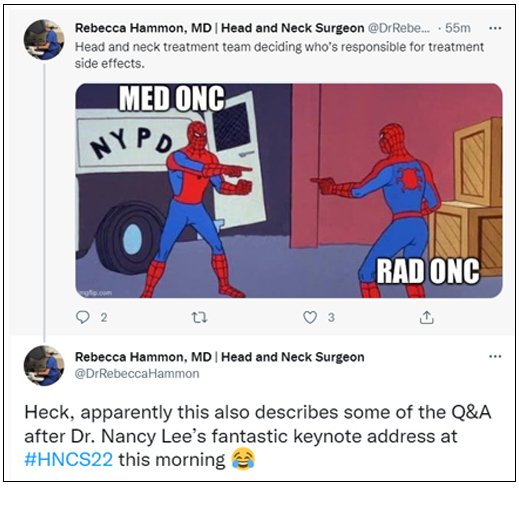
|
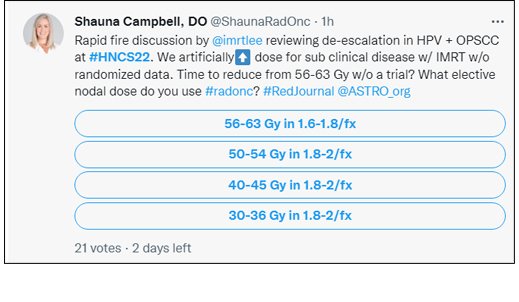
|
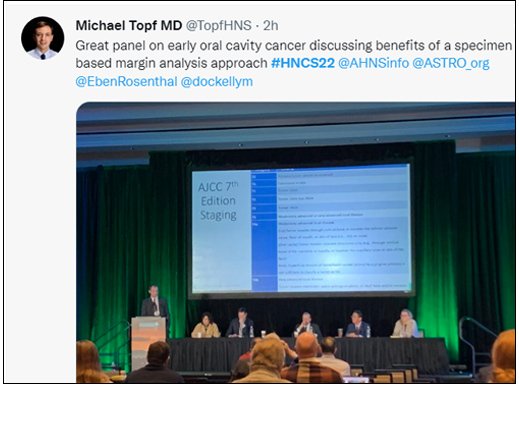
|
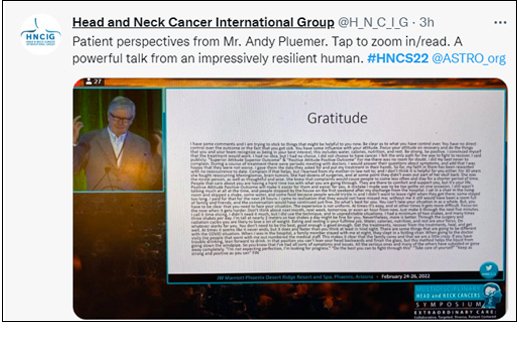
|
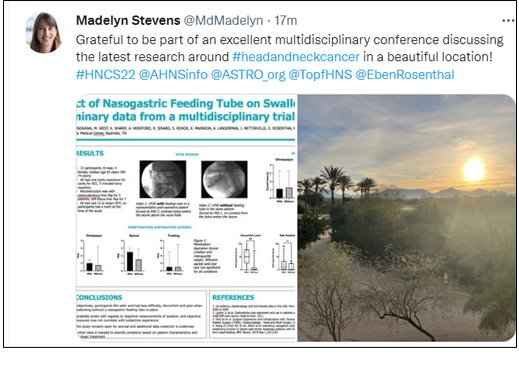
|
|
| |
|
|



